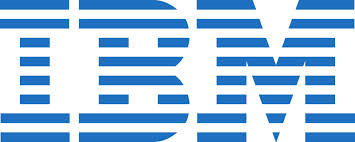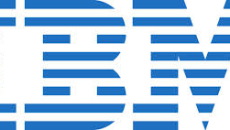International Business Machines Corp. (NYSE:IBM) and ABN Amro has inked an agreement covering terms for a 10-year deal that will see IBM providing computing services to the Dutch bank. Prior to this deal, ABN Amro has laid out its plans last month to switch to cloud infrastructure even as its customers are increasingly relying on an online system to manage their finances.
IBM said that the 10-year deal puts the IT company in charge of ABN Amro’s transformation into a digital bank, and will make use of International Business Machines Corp. (NYSE:IBM)’s services that includes end user computing, managed mainframe services, mobile computing, private IBM cloud, servers, and support.
On the other hand, ABN Amro expects that the multi-billion dollar agreement with International Business Machines Corp. (NYSE:IBM) will help in facilitating the bank’s efforts at improving its quality of service, even as it is looking towards greater efficiency in operations with the standardization and simplification of its current IT infrastructure. It is also targeting to come up with innovative products that is in line with the needs of its global base of customers in retail, private, and corporate banking. According to Piet Bill, IBM Managing Director for ABN Amro, IBM will enable ABN Amro to leverage the IT firm’s cloud, security, and analytics investment to enhance transformation with the latest technology and services.
The deal comes at a time when International Business Machines Corp. (NYSE:IBM) is grappling with a slowdown in its performance, as per quarterly reports ended September of this year. Overall company revenue declined to 6 percent at $22.4 billion. The company’s global services outsourcing unit accounted for a 3 percent decline at $13.7 billion, while its hardware unit declined 15 percent at $2.4 billion. In light of these quarterly performance results, IBM decided to do away with its 2015 earnings target.
This article has been written by Nonito Guntan.
International Business Machines Corp. (IBM) Ready to Pay Up To $1.5 Billion For Its Chip Unit


